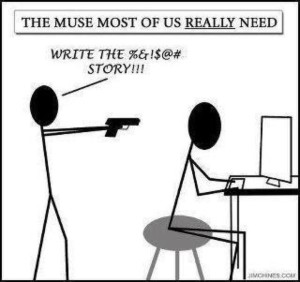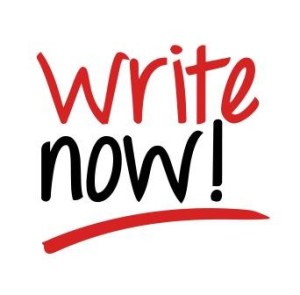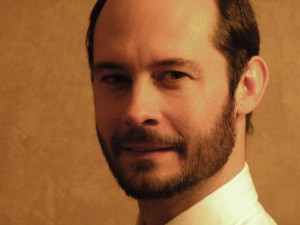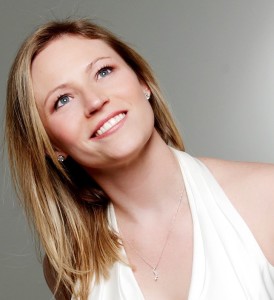Here’s a stupid joke:
“How do you identify a writer in a crowd?”
You call out “Shut up and write!” and wait for them to wail back “But I don’t have the tiiime!”
Haha, I’m so funny.
But also, I’m that writer. We all are at times. We think, “Oh man, if I could just quit my day job, then all I’d have to do is write! I could wake up at the crack of dawn, grab some coffee after a nice brisk walk to get my blood flowing to the creative part of my brain, and just sit at the keyboard until lunch and bleed.”
Oh and how I dream, readers. I dream of this idyllic life. All that free time just to sit and write and write and write…
If that’d be the case, if I were so disciplined and motivated, on my days off of my Breadjob, I’d be doing that. I mean, wouldn’t I?
But what do I do oftentimes? Get some coffee, sit down at my keyboard, and not write a single word.
Oh sure, I’ll type out some things on Facebook. To people. I can tell them all the words. I can tell them all about my story and my thoughts and my feelings and what happens in this particular scene. Meanwhile, my manuscript is sitting all alone in its little folder, quietly sobbing to itself and wondering why, if I love it so much, I tell other people and not it?
So what am I doing, really? Waiting for Calliope herself to descend to this mortal plane and wrap her arms around me, sing sweet hymns into my ears to inspire me? Not even inspire me, just tell me what to write! It’s not like writing is work or anything. Make her do all the work and complain when she doesn’t.
That’s the ticket to success right there.

One of the things that helps is to prioritize what needs to be done today, and what my needs are for the week. For example, on my days off from work, is it more important for me to recover and rest from whatever is going on and spend time on myself, or is it more important to get my deadline done for my long-term goals?
But in our drive to succeed, we can’t forget that we need to nourish ourselves. Not just our bodies with food and sleep, but our connections to the things and people we love. The story isn’t more important than the person writing it, and oftentimes seeking out new experiences or conversations will refill your creative well, so to speak.
Authors often talk of rituals that work for them, and you should find what works for you. I have mine, but they don’t always work.
For example:
“I’ll brew some tea. A little caffeine to help me focus. Also, tea.”
“I’ll just check Facebook while it brews!”
“…Aww those rat pictures sure are super cute.”
“A political argument? On the internet? This is important and I should join in!”
“Ooh, this article my friend linked is super interesting.”
“I should talk to them about it.”
“Well, they’re afk, so I’ll check on Wattpad.”
“Maybe another episode of my favorite TV show will inspire me…”
“Aww my friend is back! I love talking to friends!”
“Oh man! What time is it? Jeez, what have I been doing. I never have any time to write. I don’t know how other authors do it. It’s not fair.”
“I’m going to go write and be a Good Writer.”
“I should make some tea before I write.”
“…Oh.”
But the better one that works involves eliminating those distractions:
“I’ll brew some tea. While it brews I can look over what I have and edit the outline a bit more and organize what scenes I plan to get done.”
~Two Hours Later~
“Well, got 1,000 words done, about half the chapter. I’ll give it a look over tonight before I post it.”
“Didn’t I have some tea? I should make some tea…”
“…oh.”
When I get distracted, what gets me back on track is to realize how much time I’m wasting and eliminate those distractions. I turn off the WiFi and go find a secluded spot where I can put on my noise-canceling headphones and just write. It takes about 15 minutes to get really focused on a task, and then once I’m focused I dedicate the next 45-55 minutes to it, since that’s about how long something can generally hold attention.
Then I like to do something else that doesn’t take much thought, such as walking, errands, or chores. I get my work done so I’m not neglecting other aspects of my life, and it gives my brain a chance to recharge and refresh for when I sit down to write again.
So when are you going to find time to write?
 I make no apologies for puns.
I make no apologies for puns.


